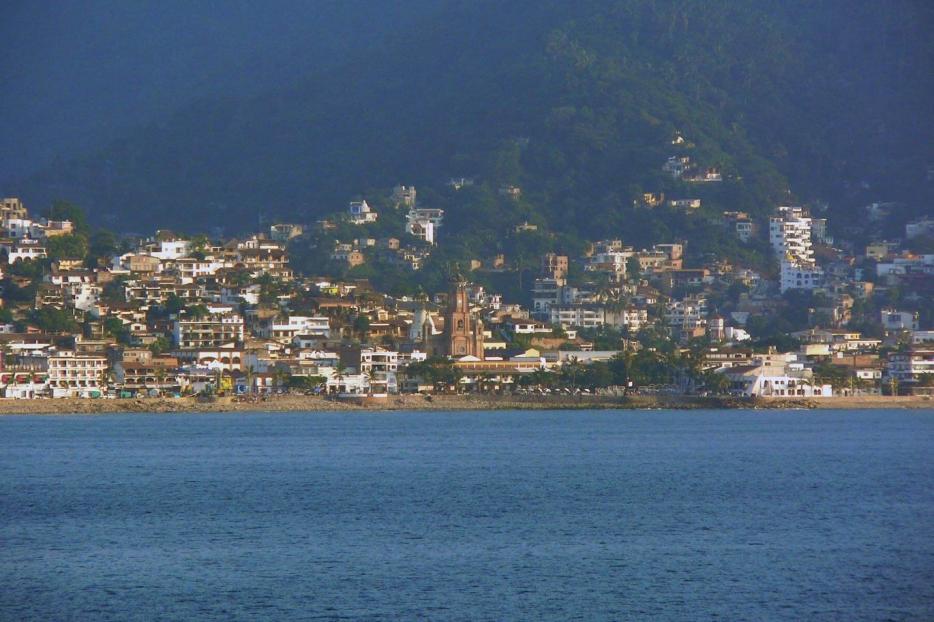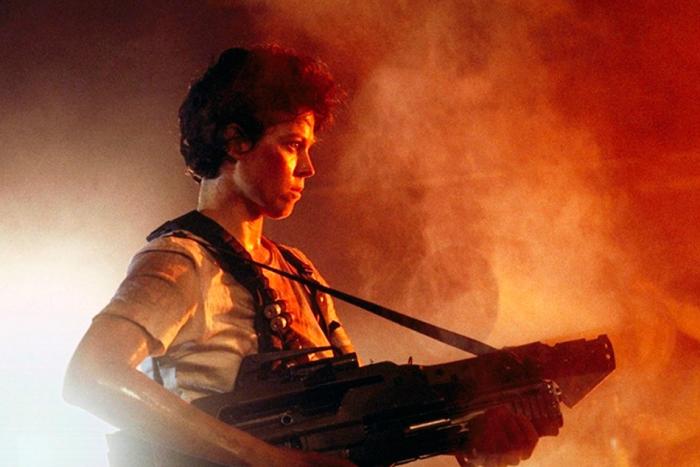What was important to us in 2016? Hazlitt’s writers reflect on the year’s issues, big and small.
Last December I went to visit family in Puerto Vallarta for the first time in five years. Travel-wise, it’s one of the best times to go. By the beach it’s the season for watching humpback whales swim by and freshly hatched turtles drag their tiny bodies across the sand to water. It’s not too rainy and not too hot, unlike the summers when we would visit and my nose and neck would sprout little red boils from the relentless heat. Trucks loaded with tin foil Christmas piñatas drive down the highway. Souvenir shops hang blown-glass hearts in their windows. Religion and revelry co-exist peacefully in the same space in this month, with parades of flower garlands marching through the city for the feast of La Virgen de Guadalupe and gay clubs spilling brilliant noise and blue light into the streets near the Cuale River well after 4 a.m.
Few of these things concerned me at the time, though. Instead I went to the biggest mall in the city and helped my aunts shop for shoes. I fell asleep listening to my grandmother pray the rosary most nights and watched the International Women’s Weightlifting Championships with my mother and uncle in a little sports bar, drinking his secret-recipe Bloody Marys and cheering for Thailand the whole time. I ate everything that was put in front of me. I helped my cousins’ kids with their homework. I went to the beach precisely once.
I was trying as much as possible, I think, not to be a tourist. Not that I ever was one in the traditional sense, exactly: half of my family lives here, and until I was thirteen I’d spend most summers and Christmases in churches without air conditioning or at the beach. But I’ve become increasingly uneasy about the very real likelihood that despite being second-generation, despite how much time I’ve spent in this part of the world, and despite (and in some ways, because of) my relationship with loved ones in this place, every trip to Vallarta is still a form of escape. That a large part of who I’ve grown up believing myself to be is in fact taken from an understanding of Vallarta and my family there that has only ever been mediated through travel and the different people we become when temporarily leaving a place called home.
*
The first time I read A Small Place, Jamaica Kincaid’s furiously beautiful indictment of postcolonial tourism and government in Antigua, I thought I understood. I had the audacity to believe I identified with her anger: “The thing you always suspected about yourself the minute you become a tourist is true,” she wrote of the kind of person who might treat another part of the world as a playground or uncomplicated paradise. “A tourist is an ugly human being.”
I’ve been trying to identify the experience that signaled my becoming a tourist in a place I once considered a home, but like any becoming it was likely no one thing. It might have been when, at thirteen, a second cousin took me to a nightclub washed entirely in black light and splotches of neon paint and I had my first rum and coke. She wasn’t more than a couple of years older than me, but knew some of the staff, so we danced in tight tank tops with sequined mandalas sewn on the chest and laughed at being inappropriately hit on by drunk college jocks, people I told myself for years were the real tourists; the kind of people who regularly fly to coastal cities in Mexico to have the kind of fun they didn’t think was possible in whatever apparently greyer, duller place they lived. Fun that included roasting themselves like lobsters on once-public sand beaches now owned by hotel conglomerates and combed through daily for litter, or downing tequila shots in cactus-shaped glasses and hitting on teenage girls.
If obligation is a necessary element to familial intimacy, it's something that I've managed to slip out of for years.
An earlier possibility: at age five, being driven around the city’s outskirts to this family friend’s baptism or that uncle’s pig roast in the back of a caged-in pickup truck with all my other cousins riding unseated, clinging to the bars like small curious animals and watching impossibly steep cobblestone streets and palm trees turn to dust roads turn to fields of scrubby green bush as we drove further inland. When we got to wherever we were going, my younger brother and I could stay up as late as we wanted and wander where we liked, often to a neighbouring stranger’s house to ask for paletas.
I’m not so sure these two memories are evidence of being an ugly human being, really, but they do have something uncomfortable in common: they are such a departure from life in Toronto, where my parents chose to raise my brother and I, and under a pretty strict roof. Where in Vallarta I could casually get away with telling my mother in an innocent, awkward Spanish that my cousins had just “taken me to the disco,” in Toronto I wasn’t so much as allowed to talk to boys—or watch The Simpsons (too vulgar), touch ouija boards (Catholic rules) or dye my hair. We eventually learned that with two homes came two sets of rules, not always in agreement with each other, and so we took advantage. Fifteen years and an adolescence later, I wonder about the ways I still do.
*
“That the native does not like the tourist is not hard to explain,” Kincaid writes later on in that first chapter of A Small Place. “For every native of every place is a potential tourist, and every tourist is a native of somewhere.”
How do you decide when to call somewhere home, and which one takes precedence if more than one place fits the bill? There was a time I was happy to sit for hours behind the counter in my aunt’s convenience store, counting packs of puffy Disney princess stickers and quizzing her on English words, or sit with my grandmother in her tiny, fastidiously clean kitchen sucking soda out of a plastic fruit bag while she wrapped tamales and talked about religion.
This was when life in both places most closely resembled the other, but as I got older that sameness started to slip away. In Toronto I stopped speaking Spanish, but eventually started speaking to boys. In Vallarta, where visits began to thin out over time, the only place I wandered was to the nearest neighbourhood pay phone to call said boys “back home,” or to some new swimming cave, or whatever fun new attraction my cousins wanted me to see before I left.
If obligation is a necessary element to familial intimacy, it's something that I've managed to slip out of for years. I’ve never, for example, been able to attend a funeral: not when my grandfather gave in to his last stroke, my grand aunt to an uncaught stomach cancer, or when my tia Pilar died choking on failing lungs because she’d worked her whole life unable to afford health care insurance. It was a long time before I understood that my tia Concha eventually closed that convenience store in favour of a network of taco stands not only because local tourism meant better money, but because an uptick in neighbourhood drug running had brought along an increase in after-hour break ins. Cousins, more than a few of whom are employed by the area’s tourism industry, have found themselves driving farther and farther out of the city limits for work as hotel companies keep searching for more pristine, untouched beach land. My tia Ana, who lives with polio, left Vallarta altogether. A city of bumpy cobblestone streets and steep stairs of cracked concrete may seem charming to many, but to a person with a disability it is a daily series of little nightmares.
On the second-last day of my visit to Vallarta that December, my grandmother sat me down in her kitchen to ask me something that seemed innocuous but quickly turned very sad. Just simply: “What is your favourite thing to eat?” It was as if we’d both forgotten.
I told her the first thing I could think of: sopa de fideos, a noodle soup she makes out of little more than tomatoes, garlic, chicken fat and lime. The next day I found her taking precisely those things out of a plastic grocery bag and lining them up for dinner. My Spanish was too poor to say the all of it—that I’d missed her, that I’d never properly made this soup, that I was sorry to never be around long enough to learn to make it right—but even in English I doubt I’d have expressed this well. Instead, I offered to help her, but then my uncle walked in.
“What are you doing?” he asked. “We’re going to be late.” He’d made dinner plans for us to go somewhere special for my last day in town, and so we never made the soup. A year later, and I am still counting down the months till I can go back, if only to cook this one dish.






